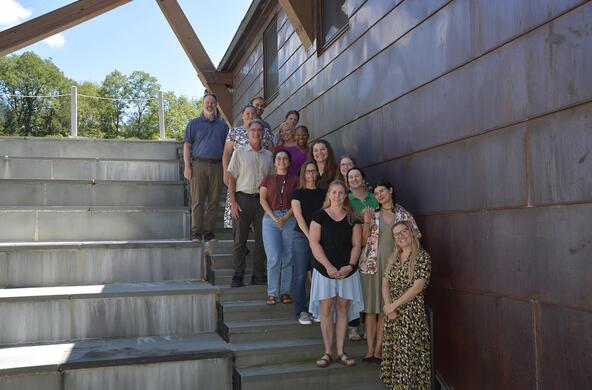Speaker: Dr. Zbigniew J. Grabowski, Postdoctoral Research Associate, Cary Institute; Visiting Scholar, Urban Systems Lab; Adjunct Assistant Professor, Portland State University
Full title: From Semantics to Strategy: Building Equity into Green Infrastructure
Scientific research on urban green infrastructure, planning, and community resilience must consistently deal with the operationalization of squishy semantic concepts pertaining to qualities of complex systems and normative goals guiding their evolution. Despite their best intentions, scholars working on urban greening, and socio-ecological systems more broadly, often neglect the broader social context of their research, both historically, and in terms of the many ways their research may be perceived by others.
In this talk, Dr. Zbigniew Grabowski will examine two related science-policy arenas: urban green infrastructure and community resilience, and unpack the normative assumptions around the social benefits and motivations of research in order to increase the relevance of ongoing work to communities affected by it. To do so, Dr. Grabowski will examine how and why the green infrastructure concept has become embroiled within deep-seated issues pertaining to equitable urban transformation and redevelopment, and ground the discussion in results from a national empirical study of how current urban green infrastructure plans address equity issues. Drawing upon a systematic review of community resilience literature, he will examine how scholarship seeking to improve community resilience has likewise faced critique for reinforcing problematic social dynamics entrenching poverty and uneven political relations. He will conclude with a synthesis of these two strains of work to put forward some strategic considerations for how researchers working on green infrastructure and socio-ecological resilience can be more relevant to the various communities likely to be impacted by their findings.






